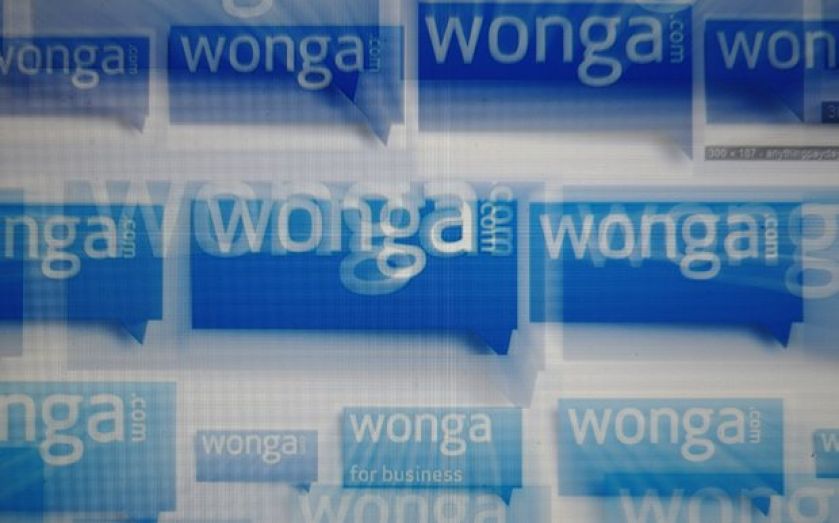Bottom Line: Leave its customers to discipline Wonga

THERE’S only one word for Wonga’s actions between October 2008 and November 2010, when it sent fake lawyers’ letters to threaten late payers: shocking. The firm has rightly been ordered by the FCA to pay £2.6m in compensation to affected customers, and the matter referred to the police.
The firm points out that it stopped the practice of its own accord and reported it to the Office of Fair Trading in January 2011. It doesn’t even have the same chief executive any more. Yet it is only to be expected that these historical misdeeds will hurt Wonga’s brand today.
That’s as it should be. Capitalism is about allowing firms to succeed or fail on their own merits. Problems arise when we start to provide public bailouts that reward failure – or when we impose too many artificial restrictions that limit success.
So with the market about to reward Wonga’s egregious behaviour by administering its own natural discipline, it would be a mistake to impose new limits on payday lenders.
For it is clear that these lenders of last resort are providing people, many of them in work, with answers to urgent cash-flow problems that banks cannot answer. While the artificial use of APR makes their terms seem outrageous, over the short time periods they are designed to operate they can be less usurious than conventional overdraft fees.
As the FCA said itself in a report last year: “Many consumers use payday loans because, despite high APRs, that is the only source of credit available to high-risk borrowers in emergencies. They might be made worse off by caps on APRs or restrictions on how often they can borrow if they reduce availability to some consumers”.
There are nearly five times as many cases of total financial breakdown among those in financial distress in France and Germany as the UK, because both have caps on interest rates. They also have three times as many illegal loans.
The sad truth is that a clampdown now would only push desperate people into the hands of much nastier and more brutal lenders in the black economy, beyond the reach of legal recourse.